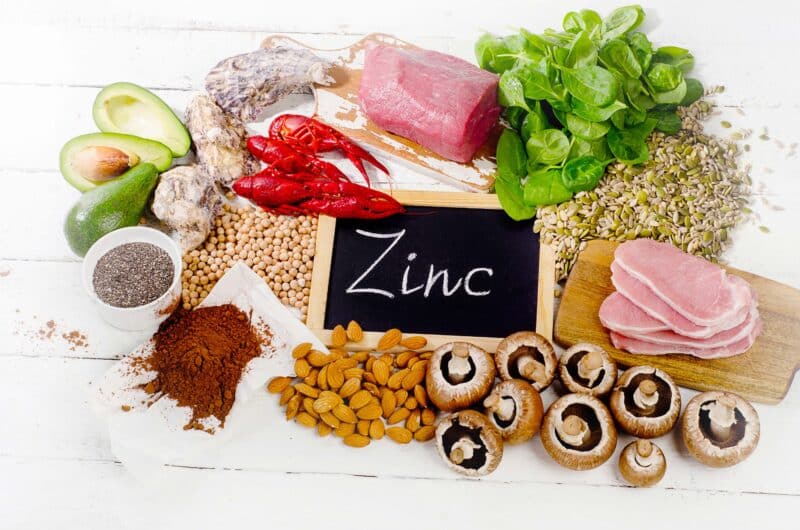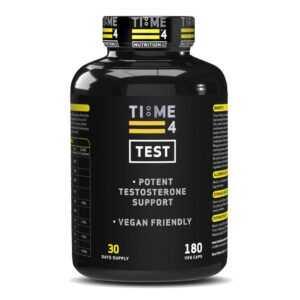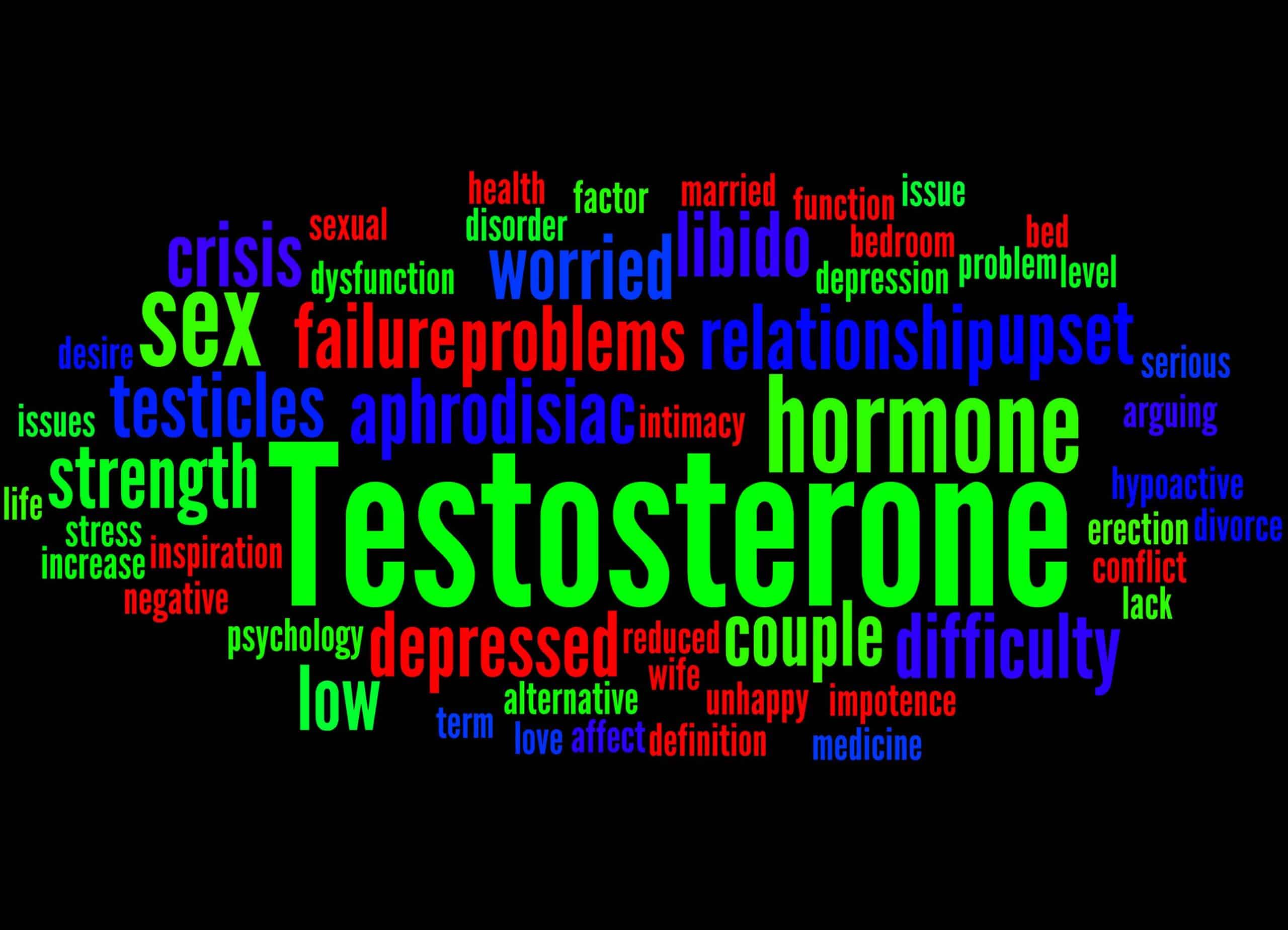Can Zinc Increase Testosterone?
Can Zinc Increase Testosterone?
Can Zinc Increase Testosterone: A magic bullet for low testosterone?
(Click On The Reference Numbers In Blue For More Info)
The mineral zinc has received increased attention from both the media and the scientific community in the last few years due to its well documented role in promoting a healthy immune system. As a result, many supplements aimed at supporting immune function contain zinc.
More recently the link between zinc and testosterone levels has been investigated in light of the declining testosterone levels in men, which have shown a significant and steady decrease from the 1970s until the present time and have now dropped 20% in 20 years, with an increasing number of younger men now suffering the effects of low testosterone.
These include:
- Loss of muscle mass and strength
- Decreased sense of well-being
- Depressed mood
- Fatigue
- Difficulties with concentration and memory
- Moodiness and irritability
- Low sex drive
- Erectile dysfunction
- A decrease in haemoglobin and mild anaemia
- A decrease in body hair
- Thinning of the bones (osteoporosis)
- Increased body fat
- Breast development (gynecomastia)
- Infertility

The importance of zinc
Although zinc is a naturally occurring mineral found in a number of foods including meat, shellfish, dairy products, bread and cereal products, deficiency is prevalent throughout the world. This can have a profound affect on both our health and performance, as it plays an important role in many vital processes in the body including cell growth and division, energy production, immune function, DNA and protein synthesis, cognition, fertility and reproduction, bones, hair, nails and vision, and vitamin A metabolism. It also contributes to growth and tissue repair, and the protection of cells from oxidative stress.
Zinc and testosterone
In the male reproductive system, zinc plays an important role in gonadal development, the production and motility of sperm and hormone synthesis, particularly testosterone.
Approximately 10% of testosterone is converted into its active form known as dihydrotestosterone (DHT). This is estimated to be around five times more powerful than testosterone. The conversion of testosterone to DHT requires the action of the enzyme 5alpha reductase, which is dependent on zinc for its function.
Zinc is also known to bind to the androgen receptor (AR), which is responsible for mediating the effects of testosterone on muscle tissue and has been shown to lower sex hormone binding globulin (SHBG).
SHBG is a protein synthesised by the liver. It binds tightly to testosterone and transports it in the blood in an inactive form. Testosterone that is not attached to a protein is called ‘free testosterone.’ This accounts for just 1-4 % of the total testosterone in a typical male’s bloodstream.
While both bound and free testosterone are present, it is only the free testosterone that is immediately accessible for use by body because it can enter the cells unimpeded by attachment to SHBG or another protein, albumin.

Can Zinc Increase Testosterone? – What does the science say?
It is clear that zinc plays an important role in the production and function of testosterone. Consequently, even moderate deficiency is associated with reduced testosterone levels in men. However, this relationship has not been fully understood, but a recent study is helping to change this.
Te and colleagues (1) presented a systematic review of changes in serum testosterone levels in the presence of zinc deficiency and the effect of zinc supplementation on reduced testosterone levels in both rodents and humans. 38 papers, including 8 clinical and 30 animal studies were found to be eligible for the review.
The results showed that zinc deficiency may lead to structural damage within the testis and impaired testosterone synthesis through oxidative stress and autophagy (the natural, conserved degradation of the cell that removes unnecessary or dysfunctional components), which adversely affects the normal development of male gonads, the development of sperm and fertilisation.
Studies also showed that the main reason for the reduction of testosterone levels in zinc deficiency is the change in the enzymatic conversion of testosterone. Specialised cells within the testes known as Leydig cells produce testosterone and other androgens. However, when they become zinc-deficient they fail to convert sex steroid precursors into active hormones.
Having reviewed the evidence, the authors concluded that zinc deficiency reduces testosterone levels while zinc supplementation improves them. Furthermore, the magnitude of the effect of zinc on testosterone levels may vary depending on number of factors including basal zinc and testosterone levels, the type and dosage of zinc and duration.
The take home message from this review is that zinc levels are strongly correlated with testosterone, and that even moderate supplementation plays an important role in improving the levels of testosterone and other androgens.
Time 4 Test – High Strength Natural Test Booster
Zinc is just one of the many evidence-based ingredients contained in Time 4 Test, which have been shown to enhance testosterone levels naturally.
To learn more about testosterone and what you can do optimise your levels, just click here.

